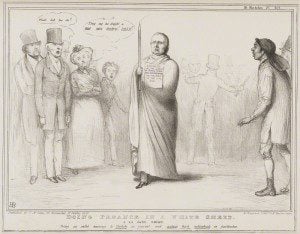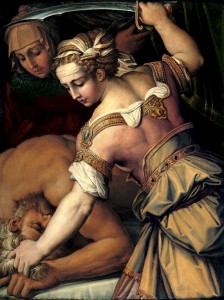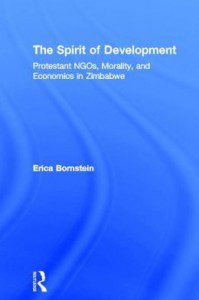Often, stories of martyrs and saints are so reworked over time that they become outrageously improbable, and it becomes all but impossible to excavate to find what really happened. That’s doubly unfortunate, because some unquestionably genuine stories are so powerful in their own right that they need not the slightest additional coloring. As a case in point, I offer the story of English saint John Fisher, the legendarily holy Bishop of Rochester under Henry VIII. He was also a noted... Read more
















